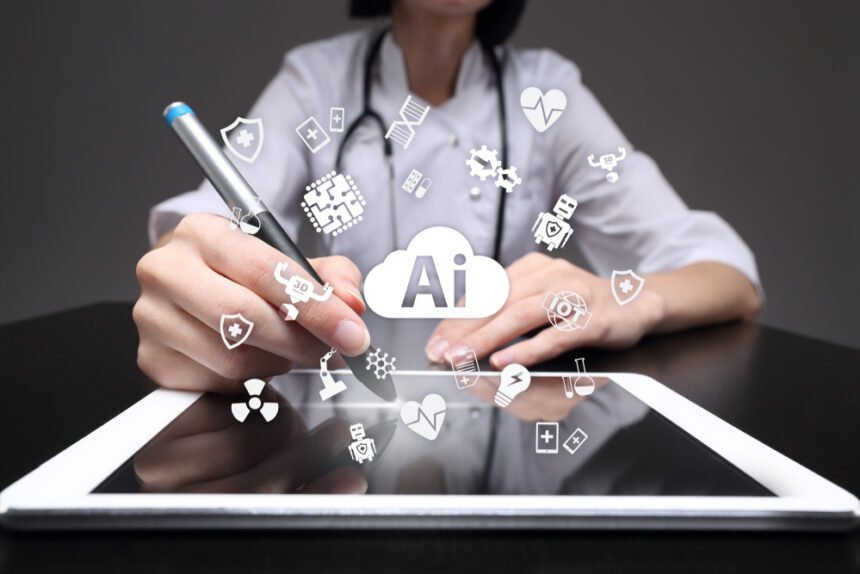Artificial Intelligence is, without doubt, the next big thing in human evolution and development. Even though there’s no way to understand everything that AI can offer to various domains of activity, it is already clear that implementing artificial intelligence systems is a way of improving day to day tasks. Either if you’re talking about Siri or Cortana in your phone or more in-depth medical applications for AI, it is definitely the next step.
Changes that AI Could Bring
It goes without saying that more comprehensive implementation of AI in the healthcare system can bring a lot of advantages. However, the big question remains if the leaders and leading players from the industry are actually ready for such a change. But before answering this question, perhaps it is better to start by understanding what the main changes that could be immediately felt by broader use of AI in healthcare are:
- Bringing more efficiency to the primary process that stands at the basis of healthcare
- Making genomic science and drug discovery more effective
- Improving the clinical work aspect related to prognosis, diagnosis and screening
- Better interaction with the patient and other partners
- A more efficient method for identifying and monitoring disease spreading
All of the points mentioned above are obviously needed for the advance of healthcare and for sustaining the efforts to provide high-quality medical services all over the world. However, as advantageous as broader AI implementation would be, there are still some challenges to face.
Ethical Aspects of AI Use in Healthcare
The moral aspect of AI use spreads way more than just the field of medicine and healthcare. Ever since the concept of Artificial Intelligence was defined, voices that screamed about ethical implications in developing and improving such a technology started to appear. In this specific case, the main concerns seem to be regarding machine learning and how far is it ok to go when it comes to patient-interaction.
The most-invoked ethical concerns about the effects of AI in healthcare are related to unethical cheating algorithms, incomplete or compromised that is used to train specific algorithms or the entire idea of AI’s impact on the fundamental relationship between doctors and their patients. In addition to all that, some physicians believe using AI in the medical process could lead to blind faith or extreme skepticism among their colleagues. And this concern is well-based since it’s human nature to go either way. Imagine putting your whole faith in the lab results processed by AI, you can barely do that with a colleague doctor. At the opposite end, having blind faith in an AI system can lead to certain complications that could have been avoided using human intuition. After all, it is believed that along with AI advance, all human characteristics will be replicated to some extent, except intuition.
Conclusion
After taking all aspects into consideration, it is quite difficult to precisely affirm that the current state of healthcare is ready to incorporate AI actively. Of course, we’re talking about highly developed countries here since the under-developed or developing nations are still struggling to build a functional healthcare system. And there are a lot of voices that consider that to be a priority, rather than exploring the use of AI in medicine. No matter how you put it, you just can’t ignore the fact that AI will bring significant improvements in the entire medical process once the guidelines are established.

